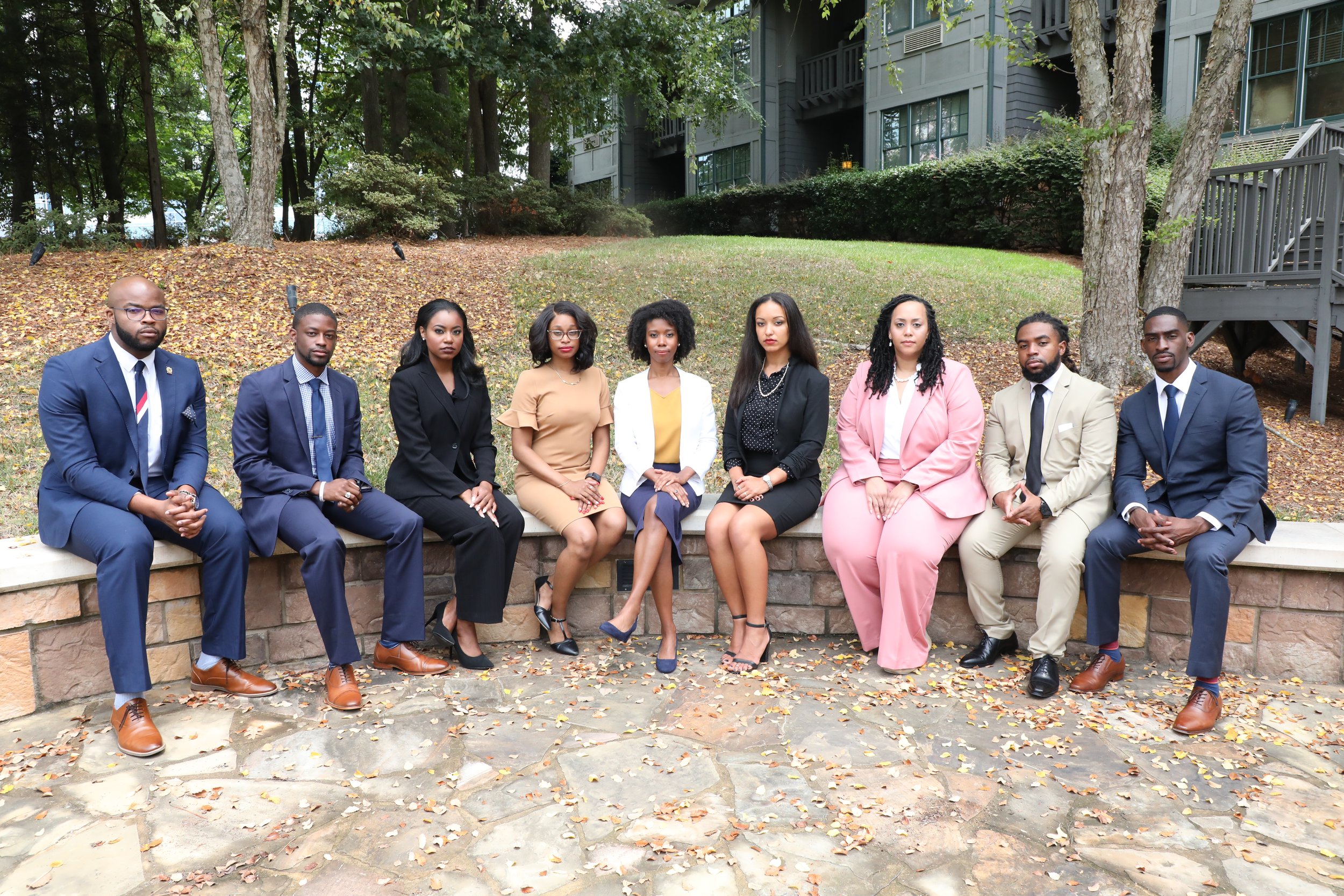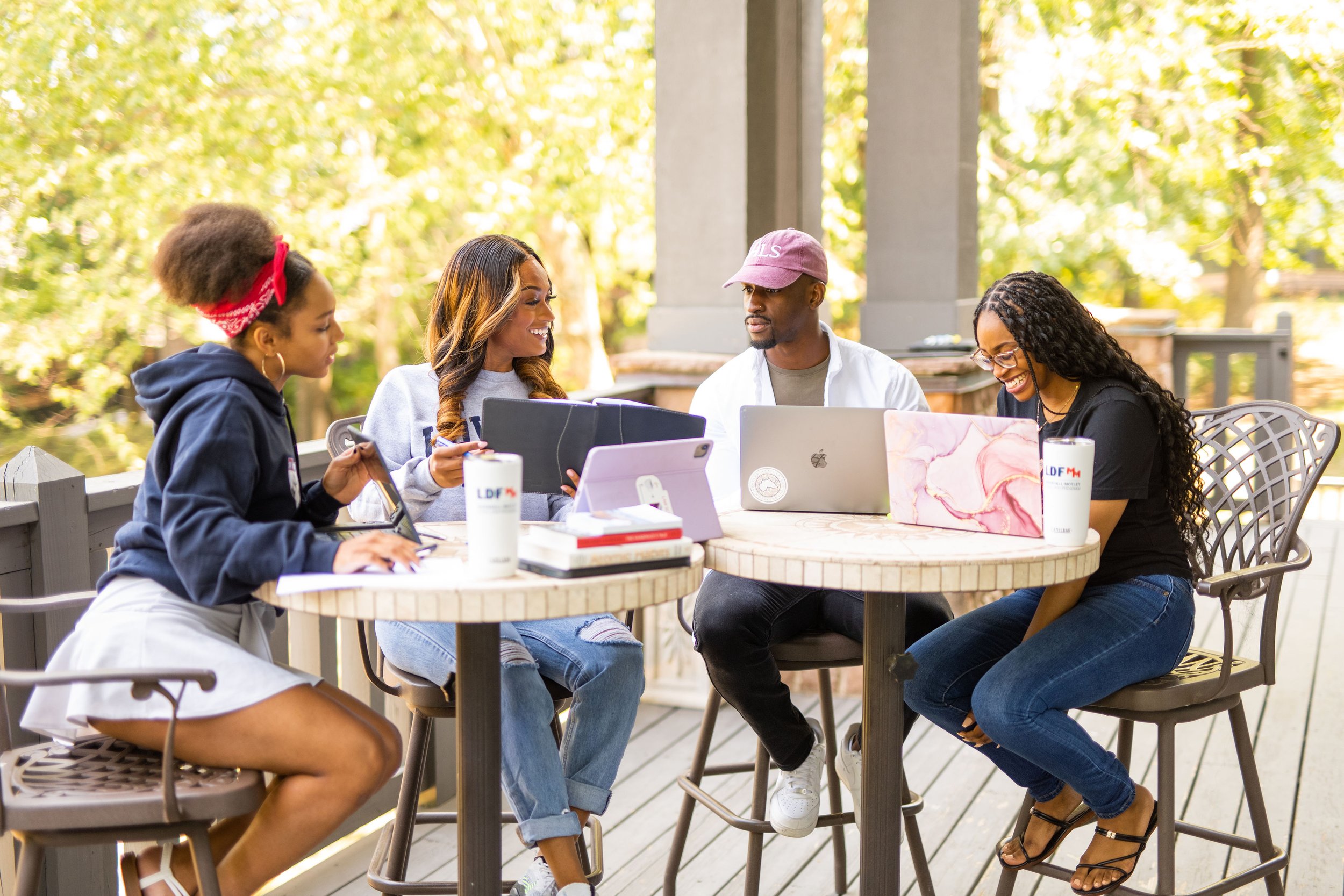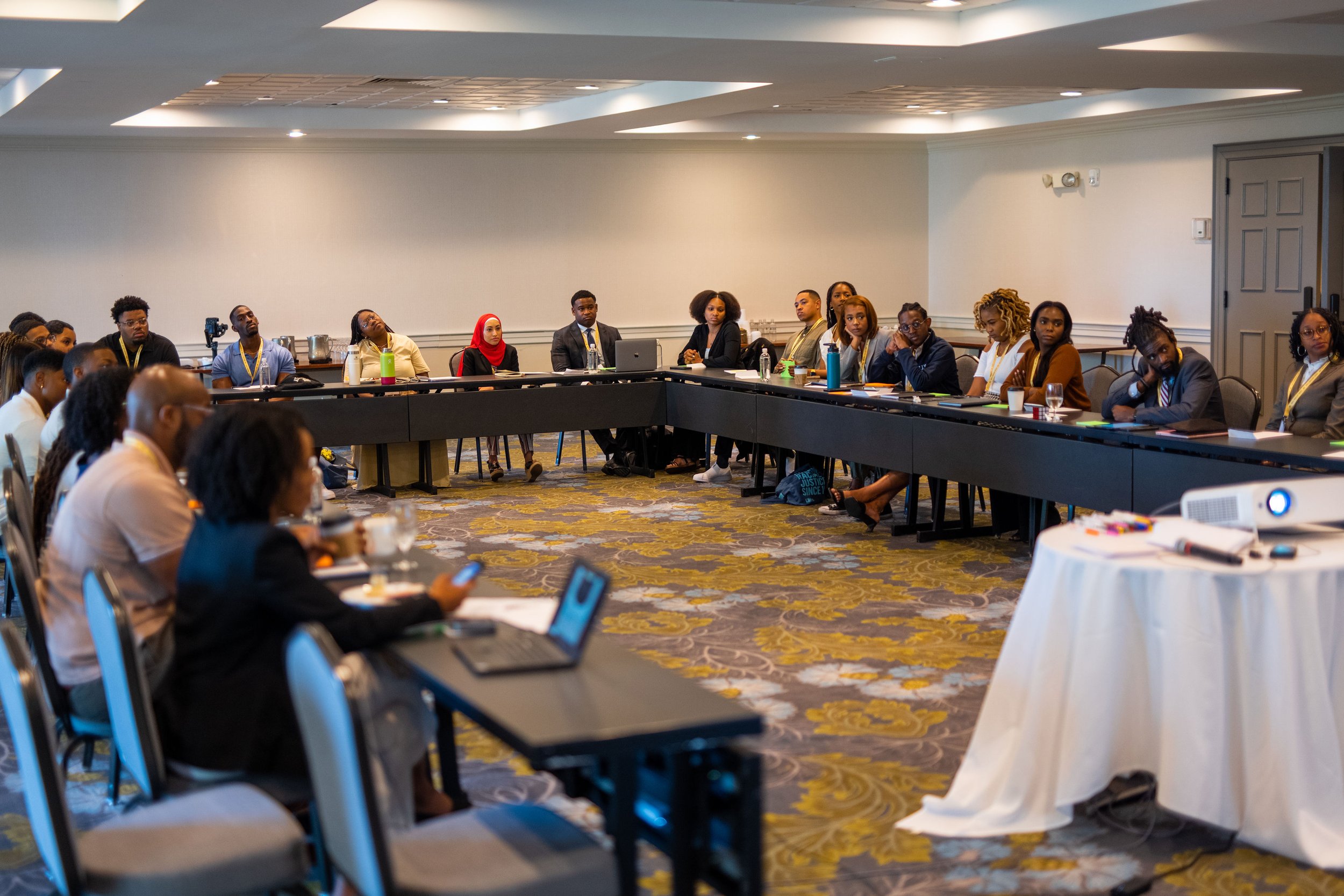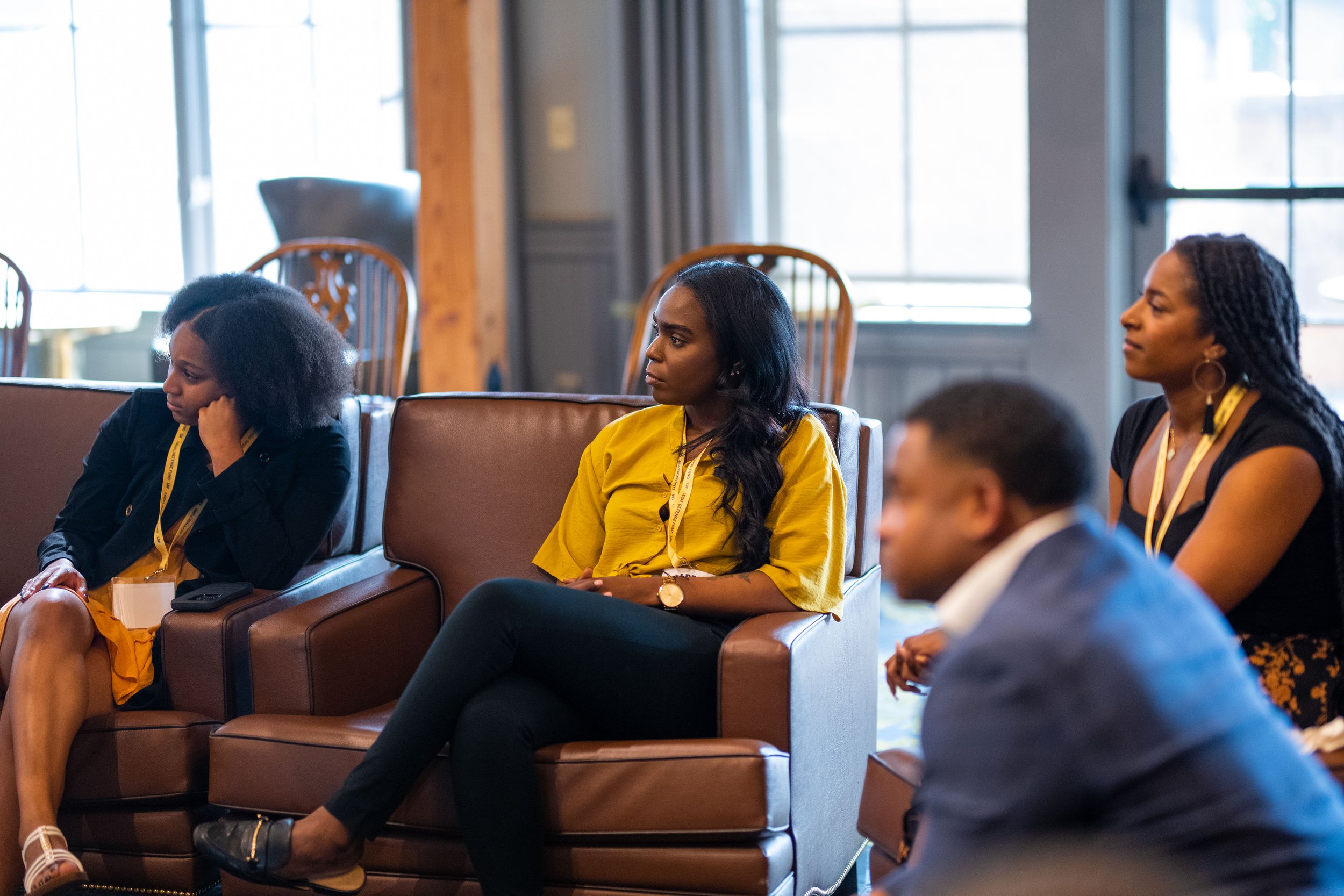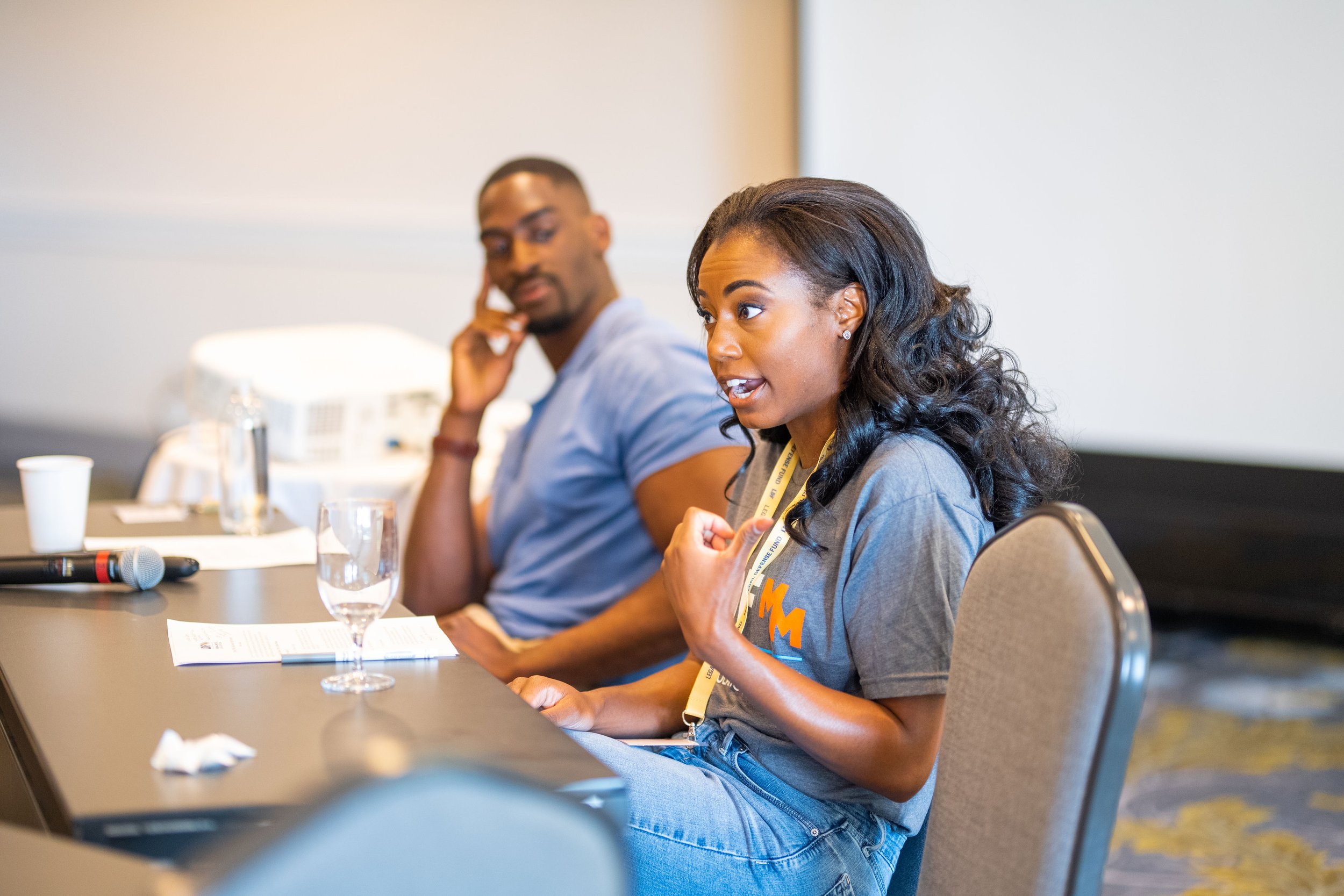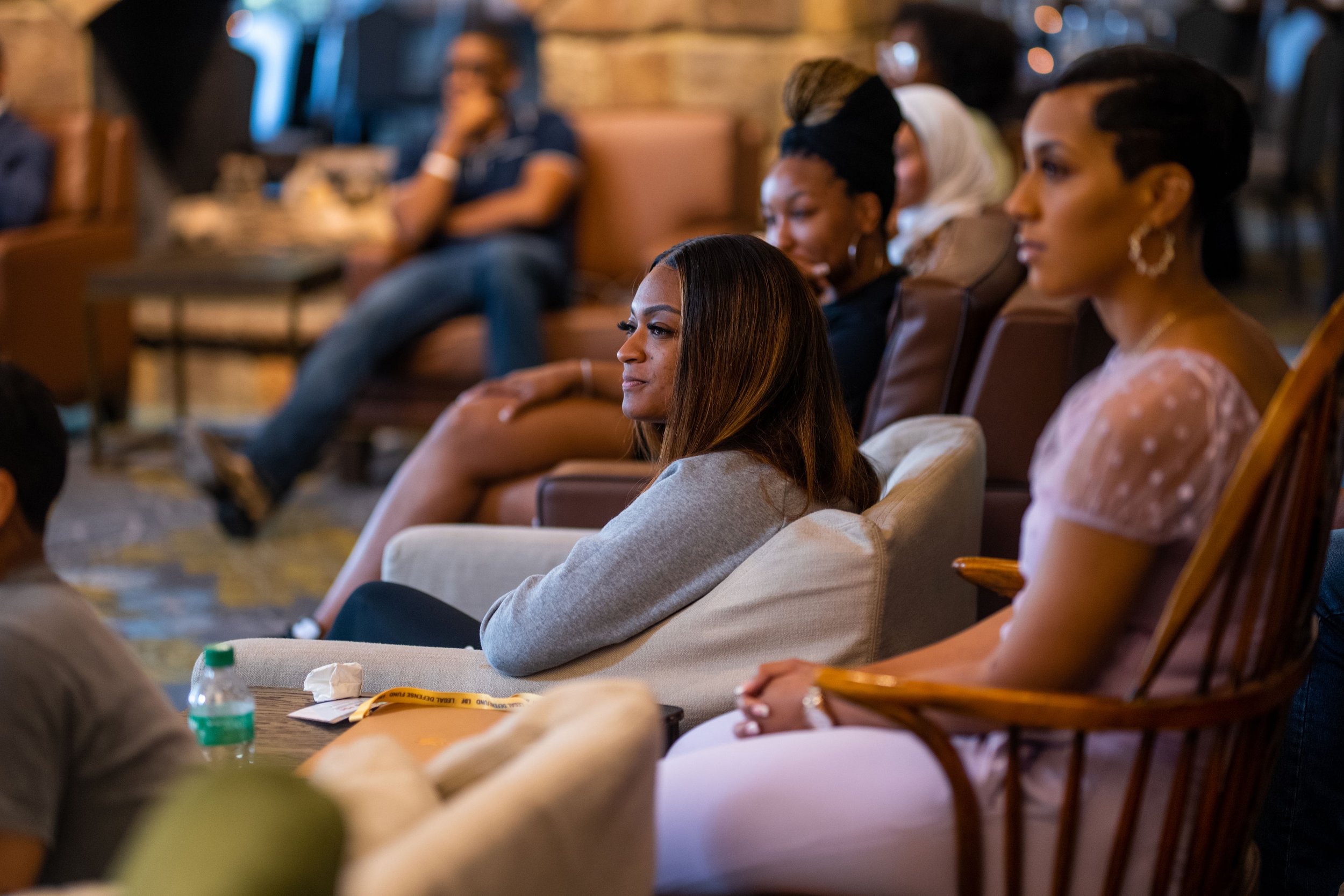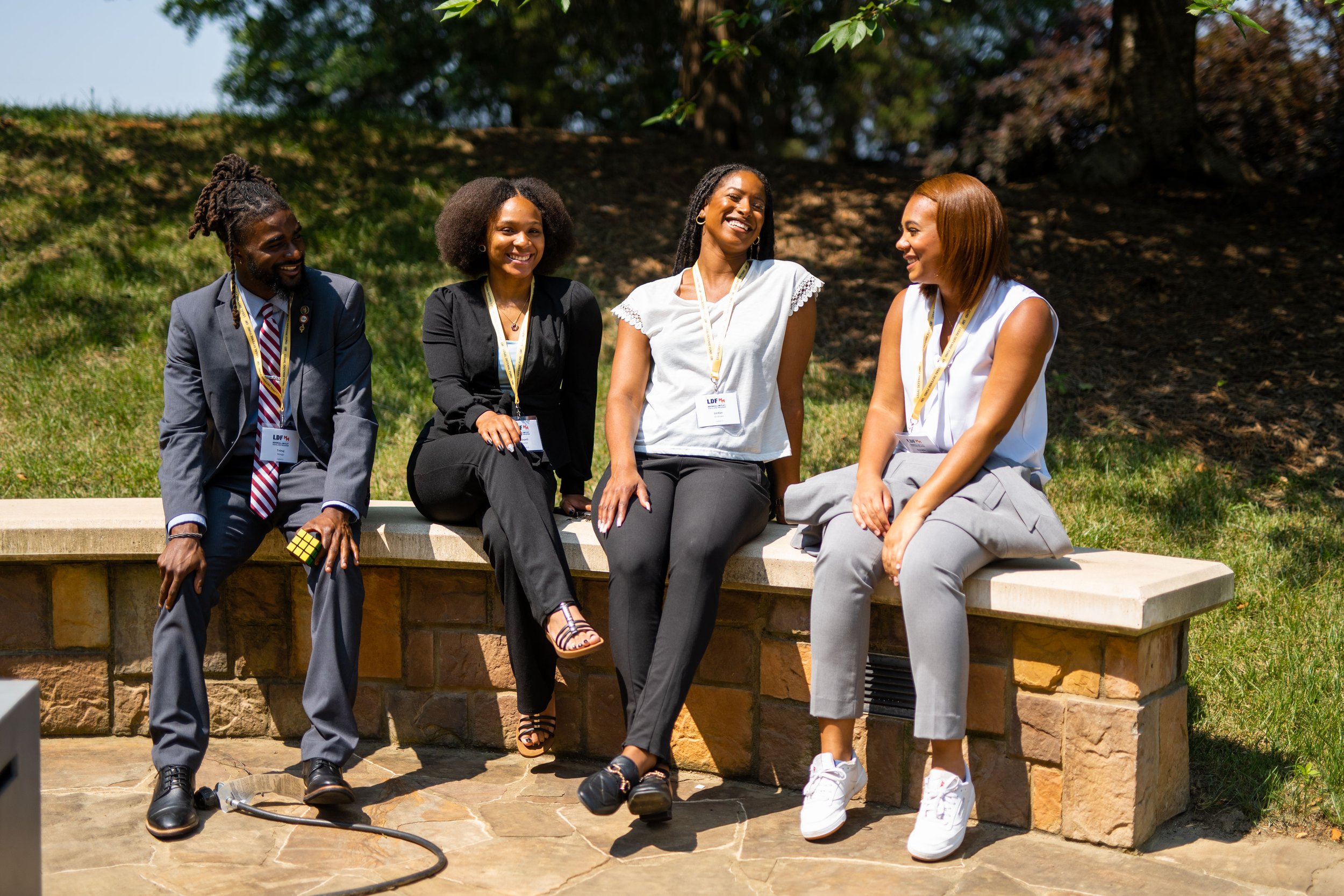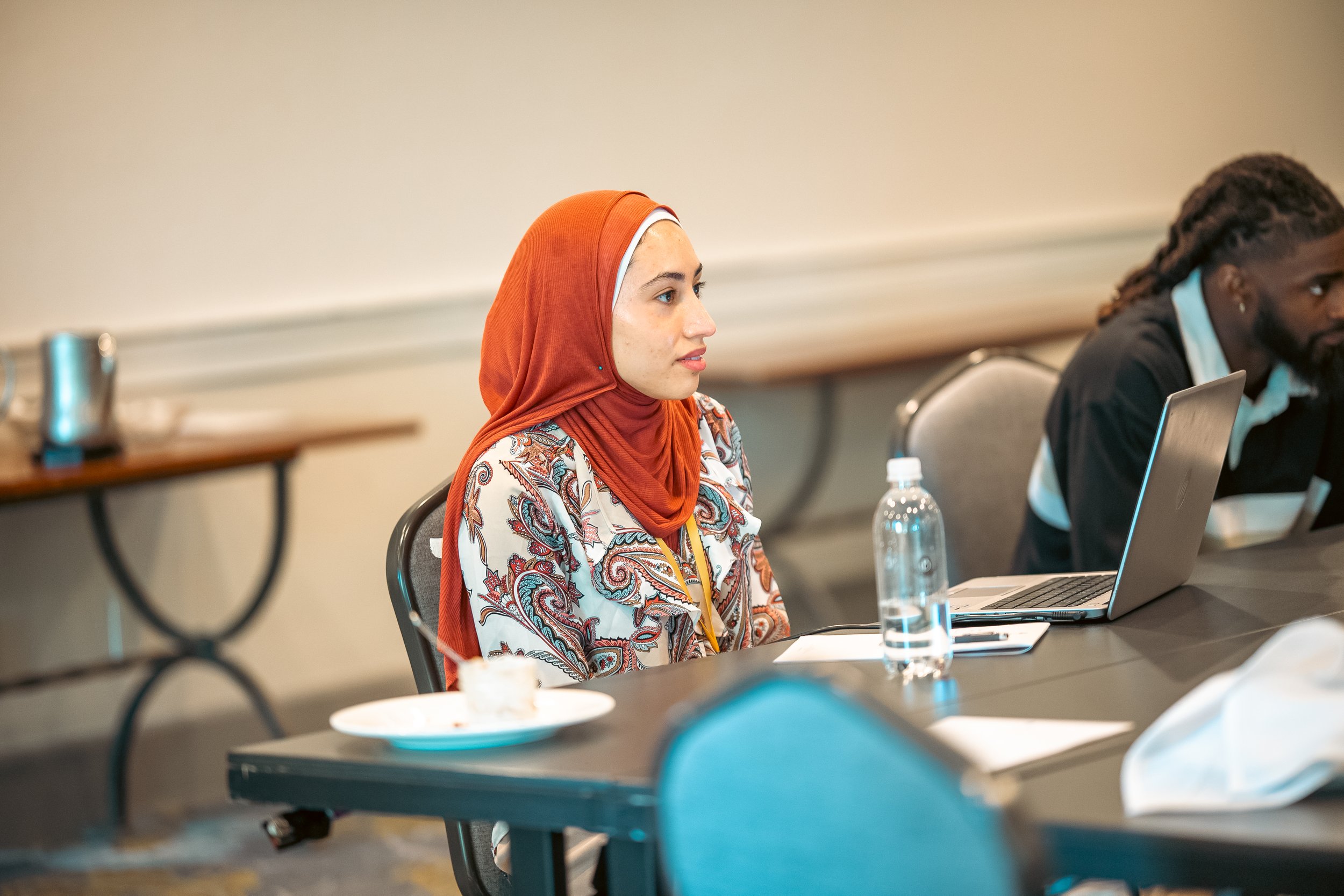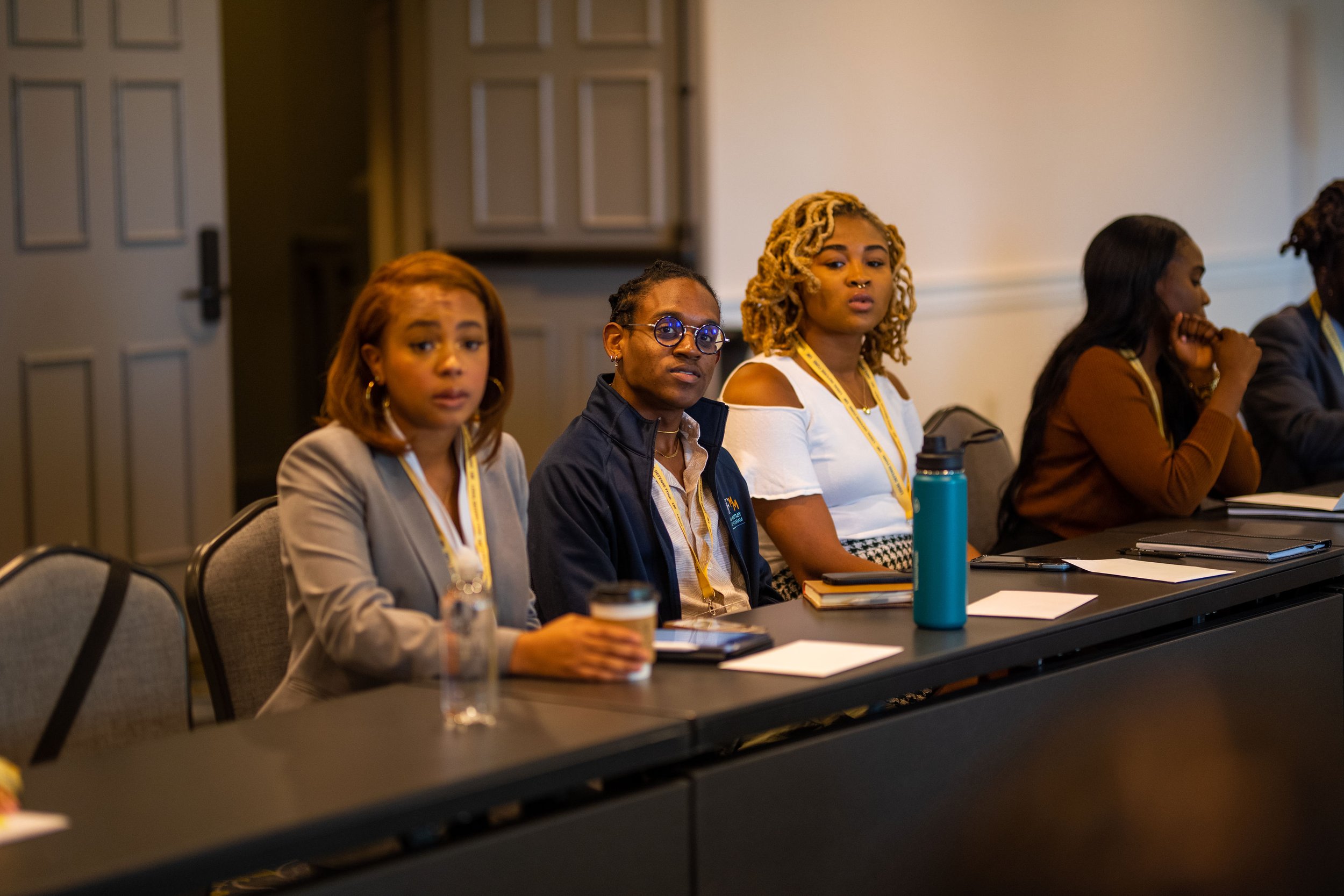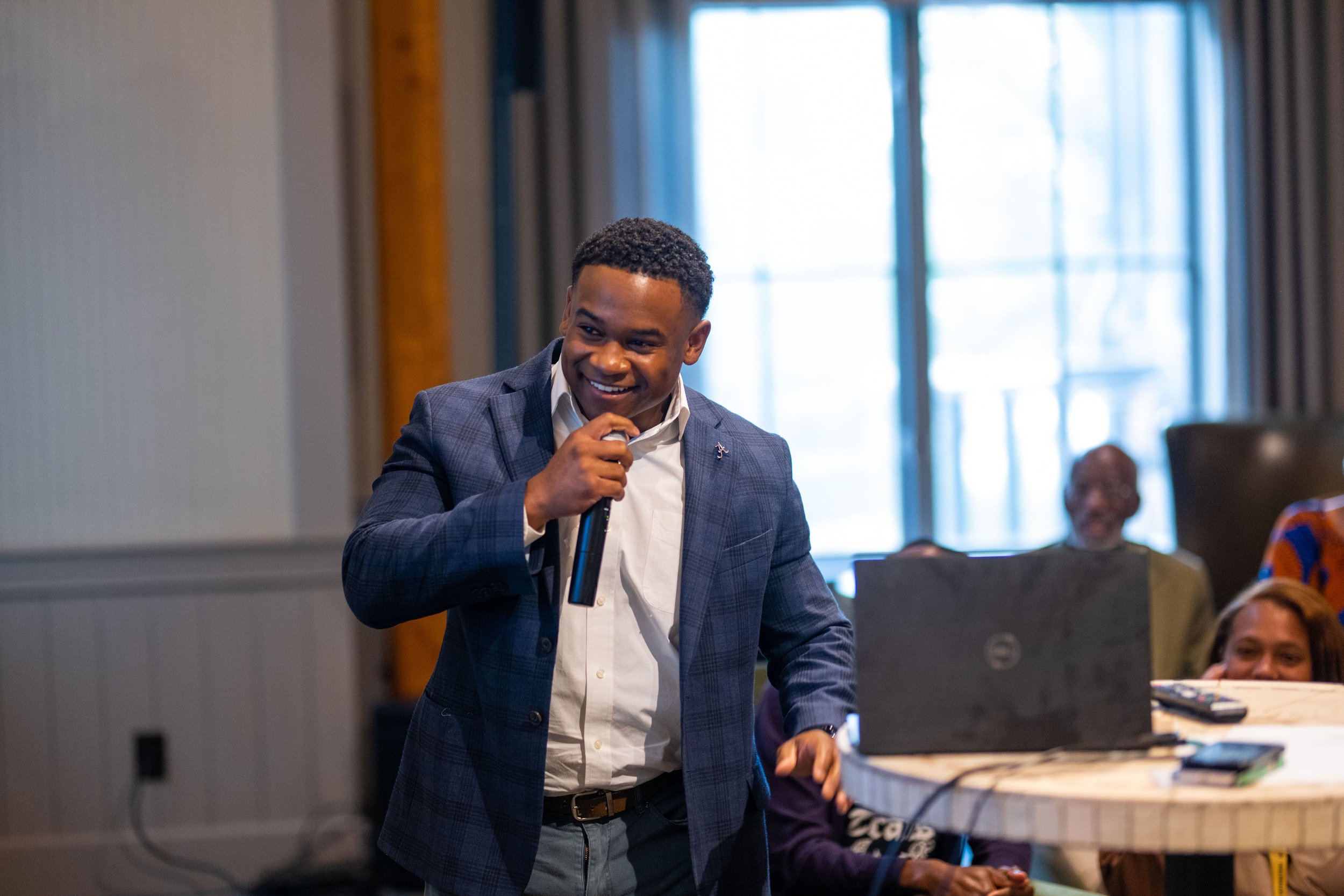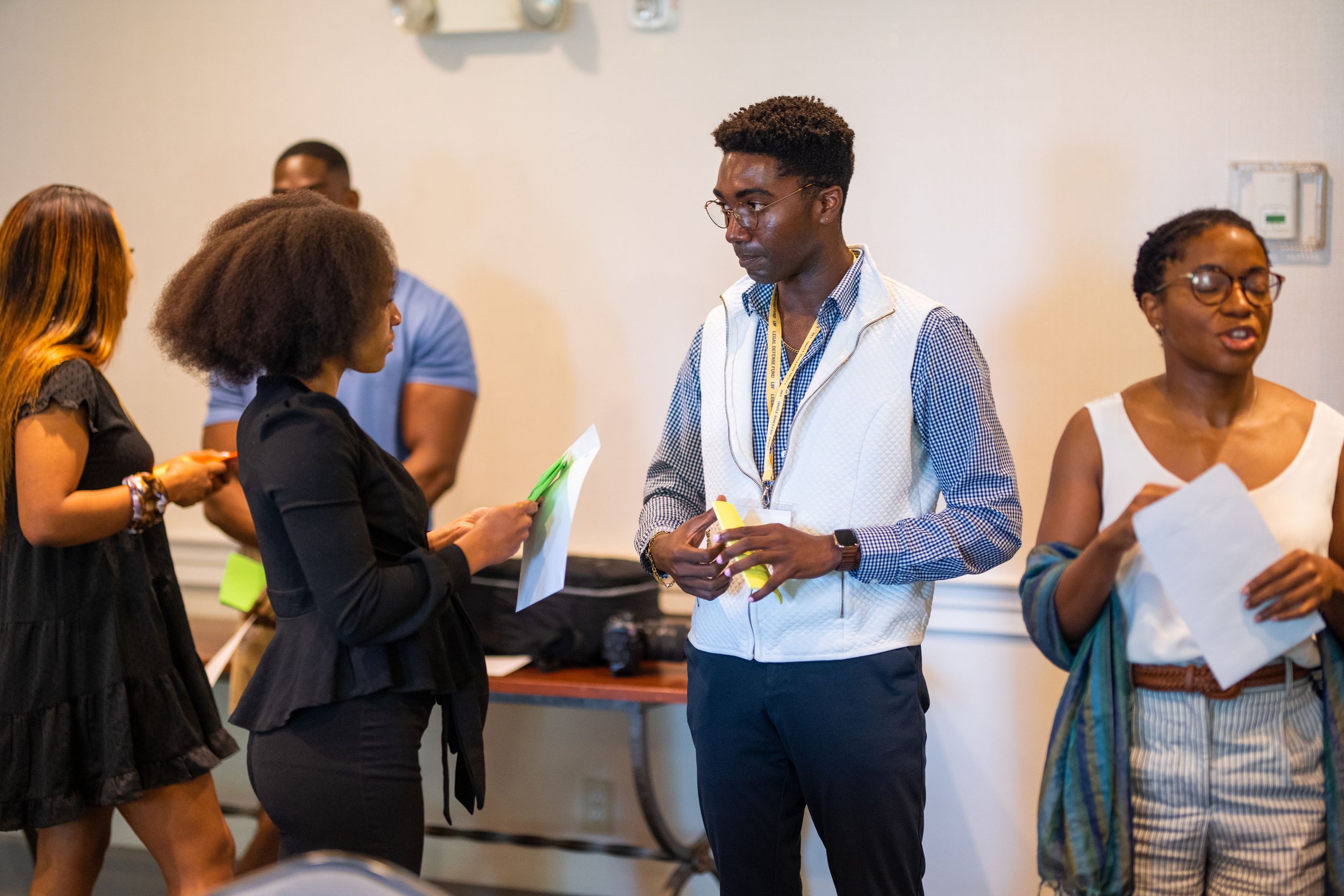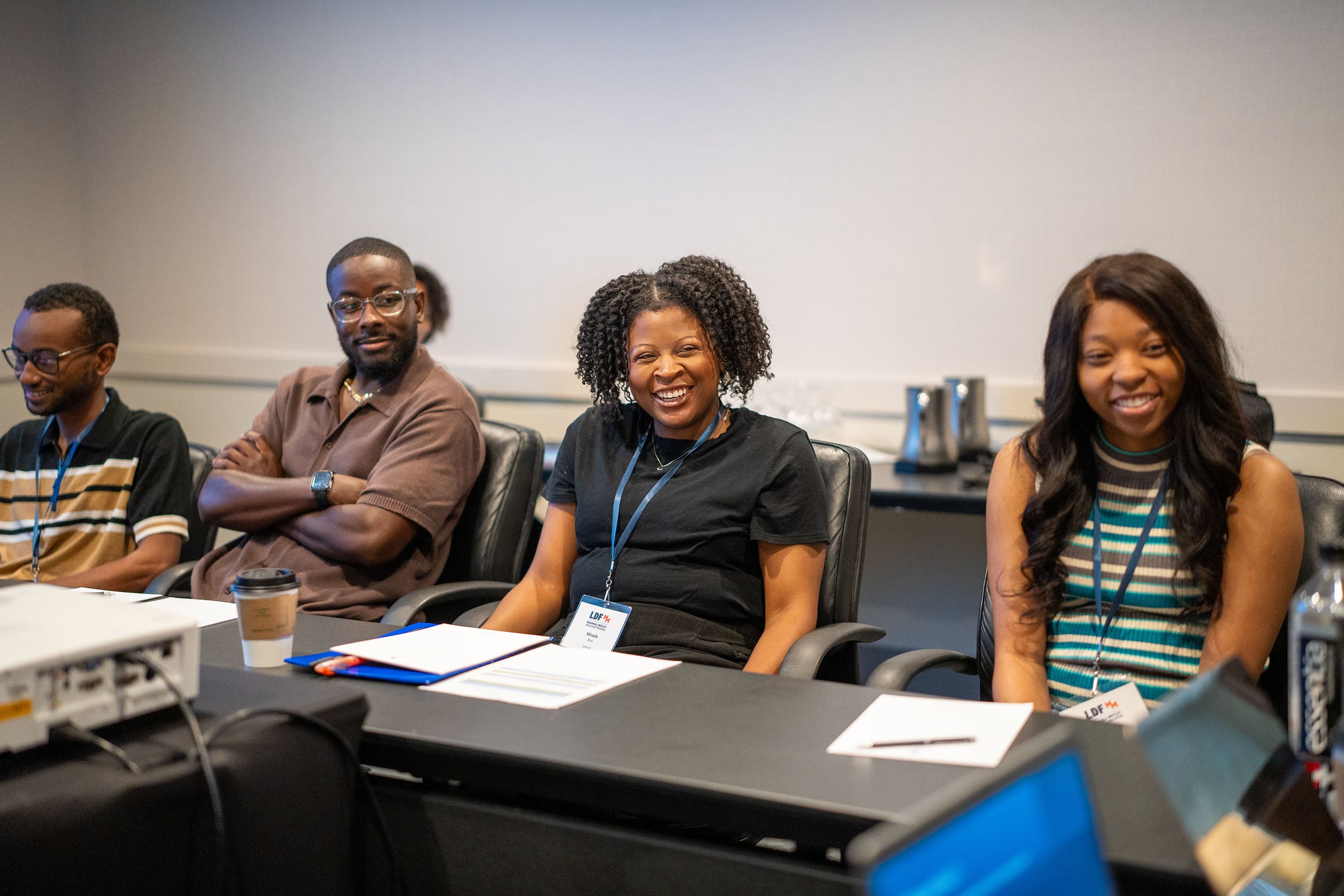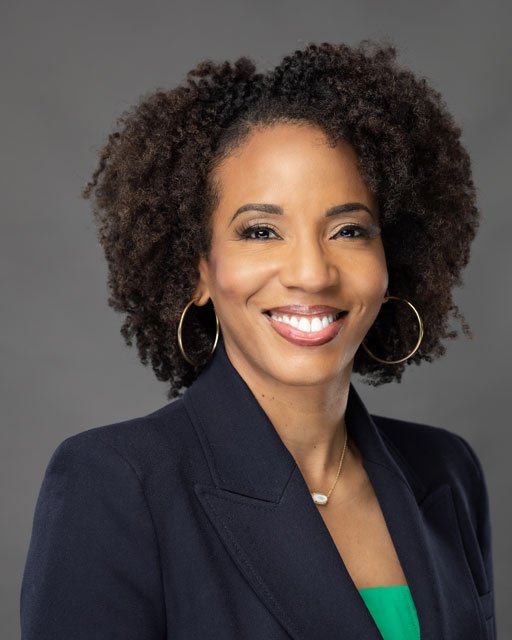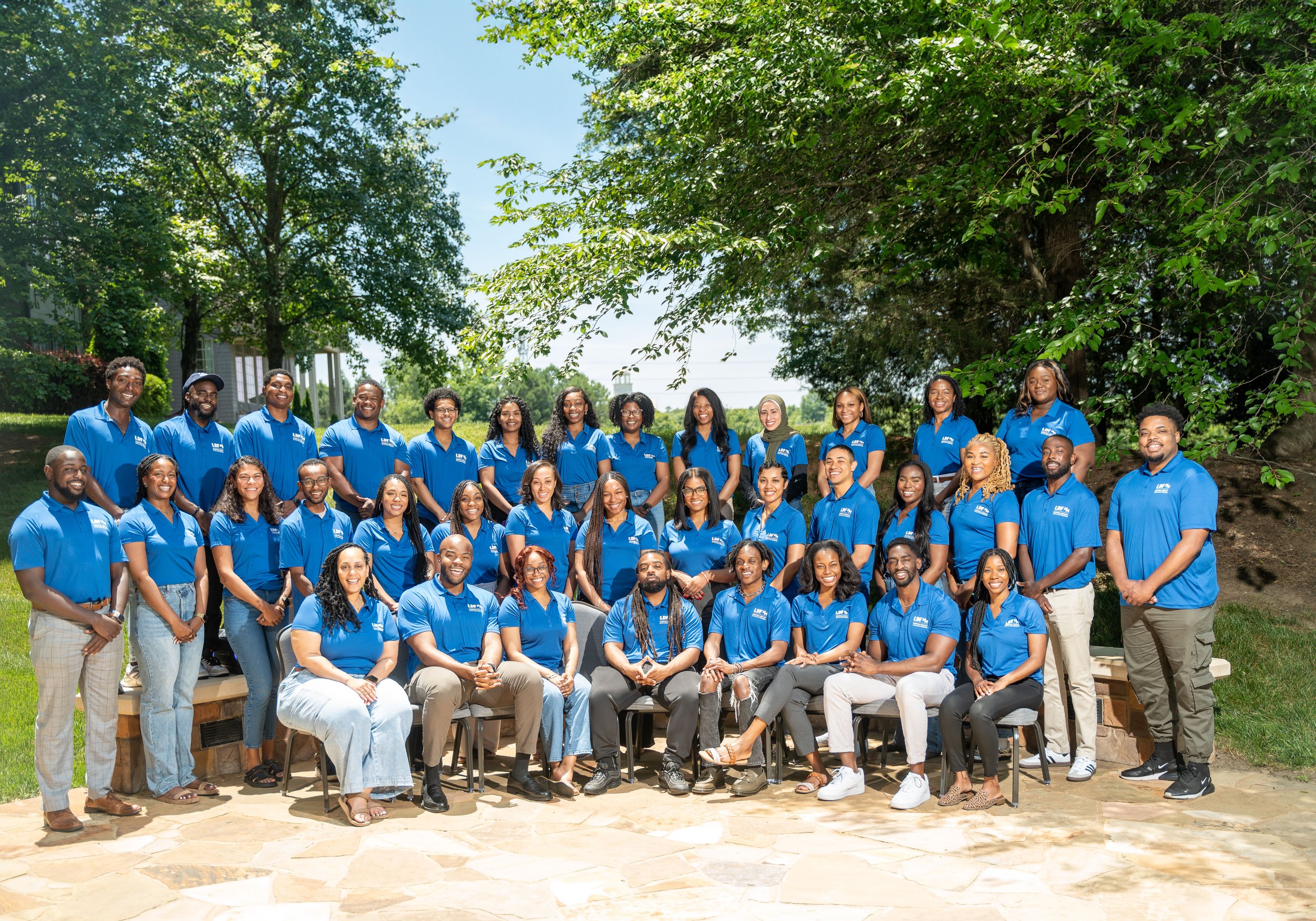
THE PROGRAM
Marshall-Motley Scholars Program Overview
Since 1940, the NAACP Legal Defense Fund (LDF) has been committed to racial justice and equity. Through litigation, advocacy, and public education, LDF seeks structural changes to expand democracy, eliminate disparities, and achieve racial justice in a society that fulfills the promise of equality for all Americans. LDF is building on this legacy with the Marshall-Motley Scholars Program.
Named in honor of civil rights legends Thurgood Marshall — LDF’s founder and the nation’s first Black Supreme Court Justice — and Constance Baker Motley, former LDF attorney and the first Black woman to become a federal judge, the MMSP will create pathways to leadership, self-sufficiency, and socio-economic progress, while developing individuals to become ambassadors and advocates for transformational change in Black communities in the South. This program comes at a time when Black students are facing more barriers than ever to attend law school. Studies show that the cost of a private law school education has grown by a whopping 175% since 1985. According to the American Bar Association, student loans take a disproportionate toll on lawyers of color, often forcing them to take unwanted career paths. The support offered by the MMSP is an intentional effort to address the racial and economic barriers that often deter students from pursuing their dreams of becoming civil rights attorneys, and a targeted effort to support the civil rights ecosystem in the South.Over five years, the MMSP will afford 50 aspiring civil rights lawyers:
A full scholarship for law school tuition, and a reasonable cost of living for room, board and incidentals to alleviate the debt burden that can prevent future lawyers from pursuing a career in racial justice;
Summer internships with national and regional civil rights organizations with offices in the South focused on racial justice to jumpstart training in civil rights law;
A two-year postgraduate fellowship focused on a racial justice practice in the South; and
Access to special trainings sponsored by the LDF.
In return, the Scholars will commit to serving as civil rights lawyers based in the South, engaged in a law practice focused on achieving racial justice for 8 years following the conclusion of their fellowship. The MMSP will continue to offer support for the newly emerging civil rights lawyers as they develop their practice and form a distinguished regional network of legal practitioners.
The Marshall-Motley Scholars Program comes at a critical time
This moment of racial reckoning in the wake of escalating police violence against Black communities, the resurgence of overt acts of “white supremacy,” and the awakening of millions of Americans to the difficult truth of persistent racial and social inequality that has long permeated our country and its institutions, underscore the importance and urgency of the MMSP’s critical intervention. Systemic racism is deeply embedded in every aspect of our society and profoundly affects the daily lives of Americans, with widespread and tragic consequences for Black people and other marginalized groups. The South, where a majority of Black Americans live and where racial inequality remains deeply entrenched, is uniquely in need of additional civil rights attorneys who can work alongside community leaders and activists to bring about transformational change.
The civil rights challenges of this moment in our nation call for a full complement of highly trained and dedicated civil rights lawyers prepared to meet the challenges we confront and serve our communities with excellence. LDF is committed to identifying and investing in brilliant minds who are dedicated to pursuing racial justice in the South, and for whom this work is a personal and professional calling. Consistent with our history, the MMSP is LDF’s bold and intentional investment in populating, developing, and enriching the field of civil rights lawyers committed to racial justice.
LDF has supported and helped develop some of this nation’s most legendary civil rights lawyers and leaders. LDF lawyers and cooperating attorneys are among the nation’s most well-respected legislators, judges, scholars, and political leaders. We expect that the MMSP Scholars will themselves become exceptional litigators and advocates and follow in these legendary footsteps.
And you – yes, you – can be part of this exciting and extraordinary initiative to serve, strengthen, and transform Black communities in the South.
Meet the Team
Adria Kimbrough
Director
Tiffany Mouzon
Program Coordinator
Christina Hayes
Program Coordinator
